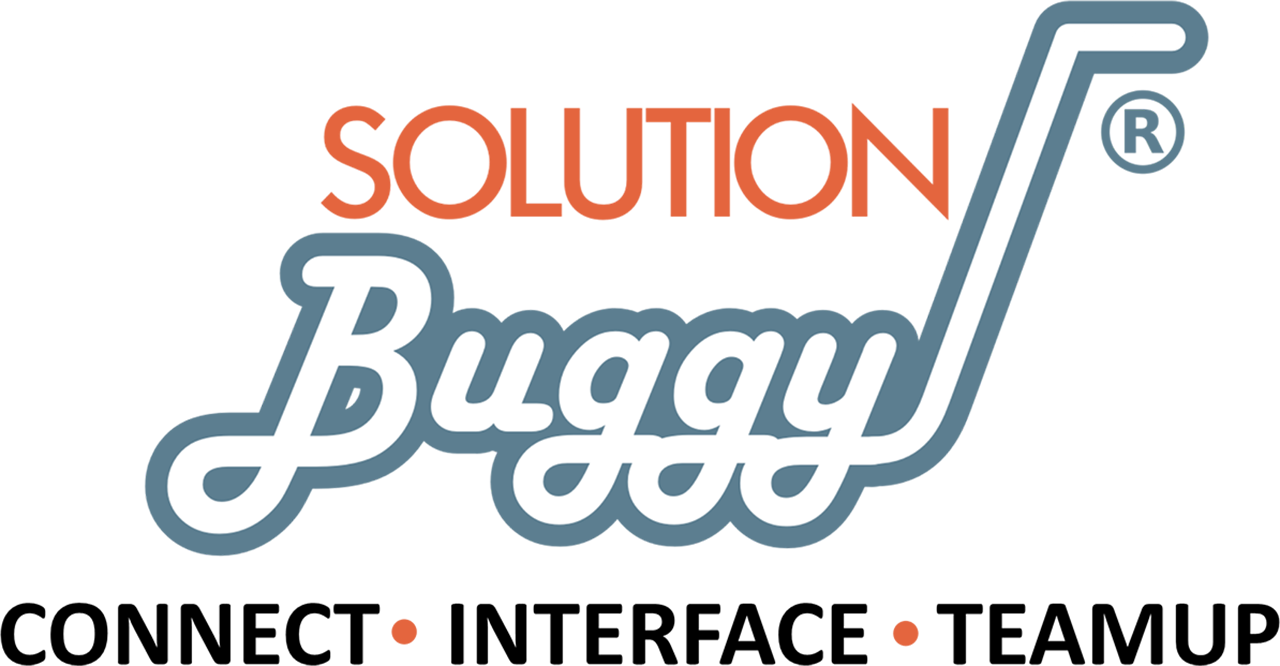Textile manufacturing is a varied industry comprising of hand-spun and hand-woven sectors at one end, and capital-intensive state-of-the-art mills on the other. The wide range of textiles include woven fabrics, fibers, and yarns made from cotton, wool, polyester, jute, and other materials.
The textile segment in India is dates back to its ancient culture and traditions, and this industry is unique compared to all other industries in India. Textile manufacturing consultants provide accurate statistics that show India has the potential to produce a wide variety of textiles and apparel that meet several market segments within the country and across the world.
The textile & apparel industry in India contributes 5% to the country’s GDP, and 12% of total export earnings. At present, it’s the 6th largest exporter of textiles and apparel in the world.
Additionally, India is also among the largest producers of cotton and jute worldwide, the 2nd largest producer of silk, and contributes 95% of the world’s hand-woven fabric. Top textile consultants report that the Indian textile industry is estimated to be $16 billion, accounting for 6% of the global textile market. It’s the 2nd largest employer in the country, and employs 45 million people directly and 100 million individuals across allied industries. Other vital statistics include:



